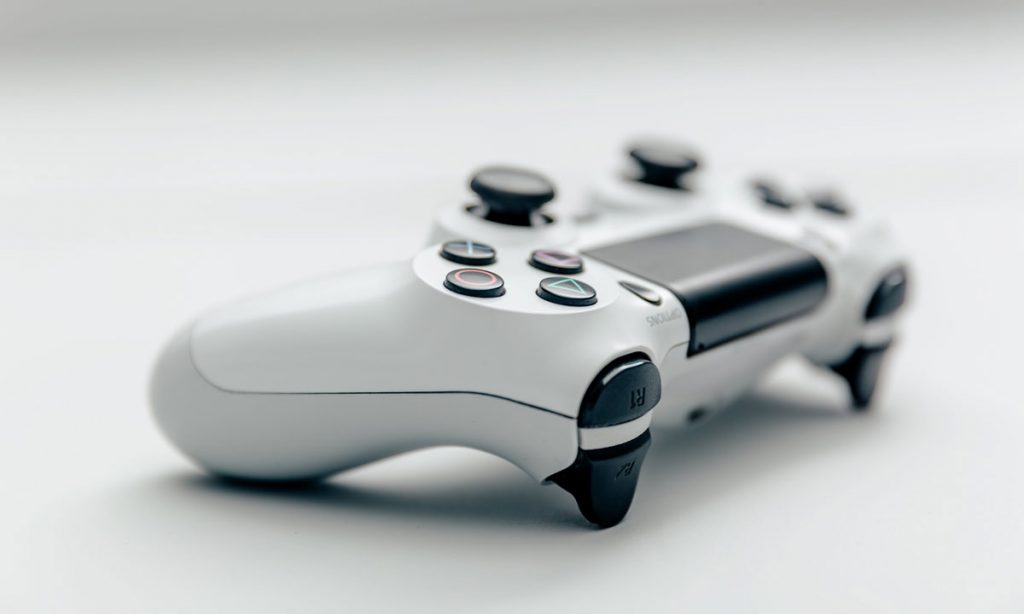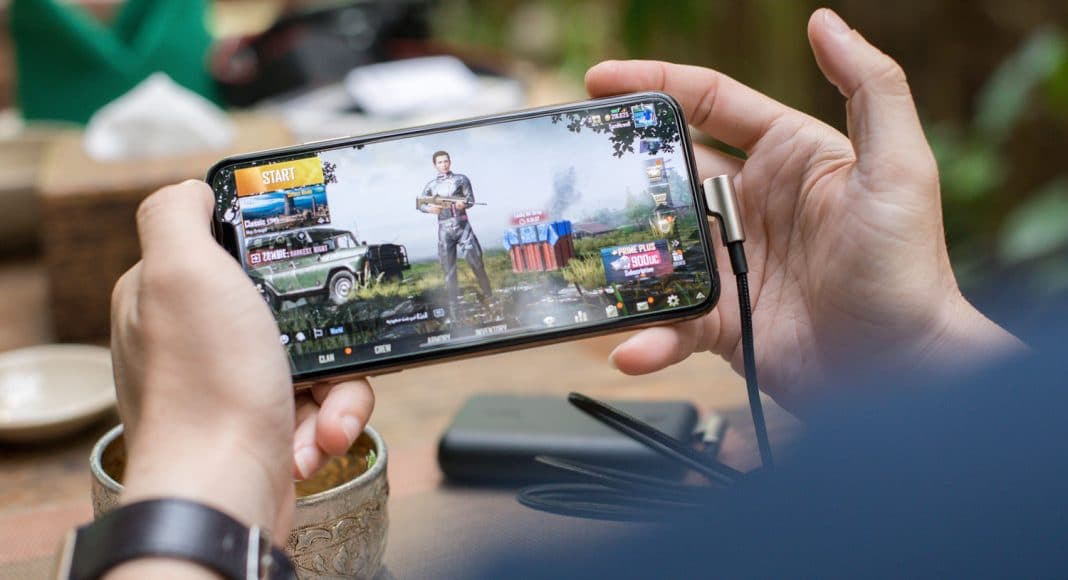There are some potential drawbacks to using weed while gaming, namely the decrease in linear motor response and a slowing in the perception of time.
For many, cannabis and video games is as inspired a combination as peanut butter and chocolate. While many devotees of both swear marijuana boosts their gaming performance, so far the emerging science is mixed. Weed might actually improve certain performance factors, but may also decrease others.
The common stereotype is that smoking weed turns people into human sloths, content to snack on junk food and stare at cartoons on the TV. Some research suggests that cannabis consumption improves focus and cognitive performance, attributes that are critical in the competitive gaming space.
CBD is commonly associated with a decrease in pain and inflammation, conditions that can be brought about by long periods of gaming, and can seriously impair performance. CBD’s calming effect can also contribute to improved gaming, improving situational awareness and decision-making.
RELATED: Could Video Games Be The Next Cannabis Impairment Tests For Employees?

There are some potential drawbacks to using weed while gaming, namely the decrease in linear motor response and a slowing in the perception of time. Some studies suggest that the decrease in fine motor skills continues to increase in consumption while the desired effects plateau at some point. Real world effects vary by individual and some studies used unrealistic consumption scenarios such as administering THC-only doses intravenously.
RELATED: Guess Which Video Game Has Caused 200-Plus Divorces in 2018?
For some of the world’s top gamers, access to medicinal or recreational marijuana is limited, especially in regions such as Asia, the nexus of pro gaming. Recreational cannabis is available in popular US states, such as California, however, where esports is also popular and home to game developers, dedicated arenas, and pros.
While cannabis is legal throughout Canada, the esports scene is still ramping up, but showing potential, with Canadian pro gamers such as Quebecer Stéphanie Harvey and teams such as Toronto Defiant as part of the esports scene internationally.


